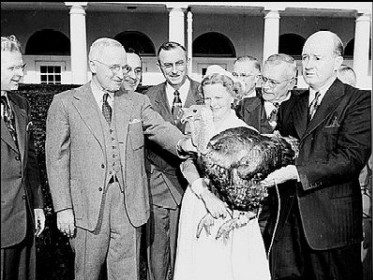In just a few days, we will once again endure the annual spectacle of the President of the United States pardoning a turkey that would otherwise have been fated for the Thanksgiving table. So this is a good time to ask why a nation that bemoans the bloated prison system and proclaims that "life is all about second chances" is--on the matter of clemency--one of the stingiest in the world?
3) How does the United States' rate of capital punishment compare to the rest of the world?
4) Is the death penalty 'Cruel and Unusual' punishment?
5) Which modern US President has given the most pardons?
6) If you were President who would you pardon? Why?
7) What can/ should be done to fix America's bloated prison system?






